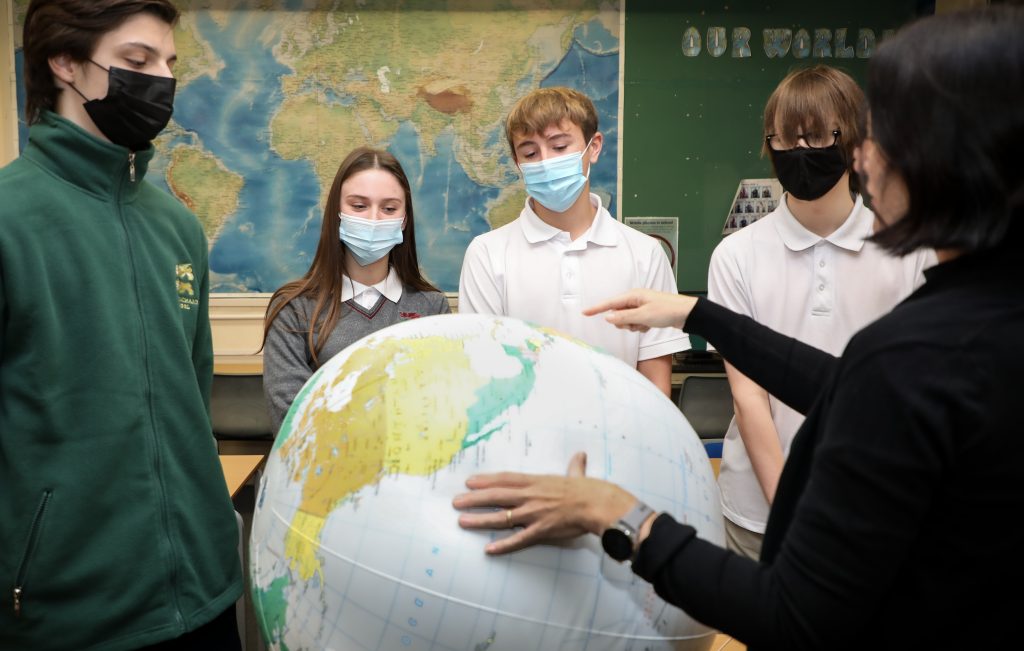“Creating global citizens of the future.”

Welcome to geography at King Richard School!
GCSE geographers follow the AQA A Geography course. |
Exam board website: http://www.aqa.org.uk/subjects/geography |
A -Level |
Year 12 OCR New Course |
Useful resources: |
|
People and the Planet http://www.peopleandplanet.net Multimap Search for place names and postcodes – download travel directions Street Map Zoom in on any UK area by entering a place name, postcode, grid reference or tel code Ordnance Survey OS map info Environment Agency Variety of environmental information Geographical – The Magazine Topical geography items USGS Geologic Information – Deserts Information about deserts USGS – Earthquakes Information about earthquakes The Online Guides: Meteorology Info about meteorology National Hurricane Centre – National Hurricane Centre, Miami, Florida Volcano World Good source of volcanic case studies |